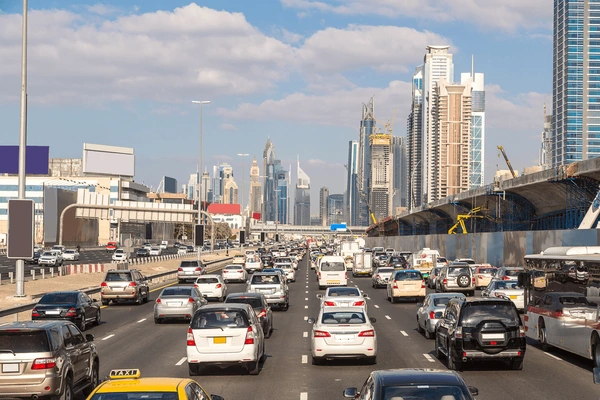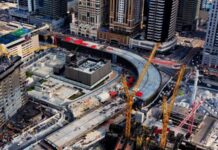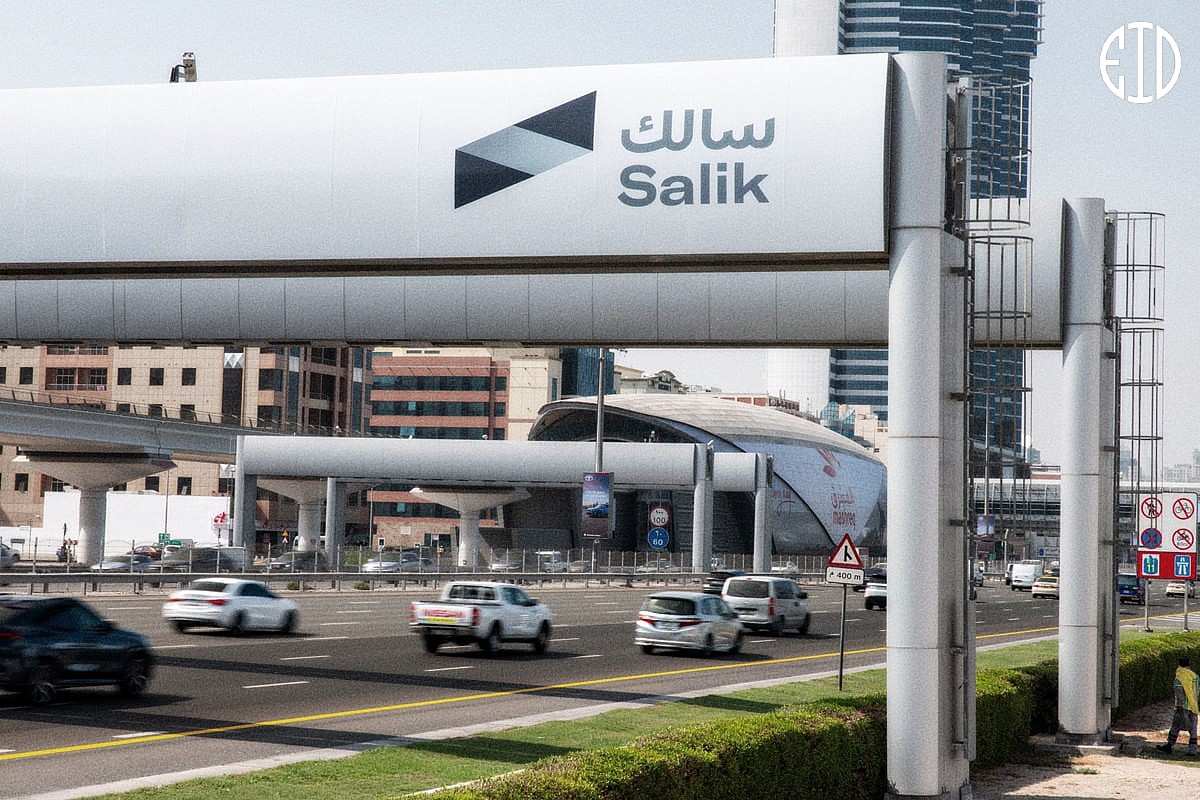Dubai is rolling out new measures to tackle traffic congestion by encouraging remote work and flexible working hours. These strategies aim to ease peak-hour traffic across the city, reducing congestion by up to 30%. Both public and private sector organizations are urged to adopt these practices to improve traffic flow and support sustainable urban development.
How Remote Work and Flexible Hours Can Cut Traffic by 30%
Two recent studies conducted by the Roads and Transport Authority (RTA) and the Dubai Government Human Resources (DGHR) department highlight the potential impact of flexible working hours and remote work on traffic volumes. According to the findings, allowing employees to work remotely and introducing flexible start times can significantly reduce the number of vehicles on the road during peak hours.
- Remote Work: If 20% of employees work remotely, traffic on key roads like Sheikh Zayed Road could decrease by 9.8%, and traffic on Al Khail Road could drop by 8.4%.
- Flexible Working Hours: Implementing a flexible work schedule with a two-hour start window could reduce traffic by 5.7% on Sheikh Zayed Road and 5% on Al Khail Road.
Survey Results: Remote Work and Flexible Hours Gain Popularity
The surveys conducted by RTA and DGHR provide insights into how remote work and flexible hours are gaining traction in Dubai’s workforce.
- Remote Work: Currently, 32% of private companies in Dubai have adopted remote work policies. Additionally, 58% of companies are open to implementing these policies in the future.
- Flexible Hours: 31% of companies have already introduced flexible working hours, and 66% of those without flexible hours are considering adopting the policy.
The findings indicate that the infrastructure to support remote work, initially developed during the COVID-19 pandemic, is now deeply embedded in Dubai’s corporate culture. Many companies allow employees to work remotely several days a month, and government entities have made remote work a core part of their operations.
Flexible Work Hours: Enhancing Employee Productivity and Commuting Efficiency
Flexible working hours are proving to be a popular choice for both employers and employees. The ability to start work between 6:30 AM and 8:30 AM helps to distribute commuter traffic more evenly, reducing congestion during peak hours.
- Employee Satisfaction: According to surveys, 87% of Dubai Government employees feel that flexible working hours align with their personal needs, while 89.4% believe these hours boost productivity.
- Productivity While Remote: 80.4% of employees report that their productivity while working remotely is on par with working in the office, with 90% noting no issues with communication or connectivity.
Dubai’s Traffic Demand Management Policies
Remote work and flexible hours are part of Dubai’s broader traffic demand management strategy, which includes a range of initiatives to improve traffic flow and encourage the use of public transportation.
- Truck Movement Restrictions: Expanding truck movement restrictions during peak hours to reduce road congestion.
- Dedicated Lanes for Public Transport: Increasing the number of lanes dedicated to buses and taxis to make public transport a more attractive option for commuters.
- First and Last-Mile Solutions: Promoting services that help commuters reach public transport hubs easily, thereby reducing reliance on private vehicles.
The Role of Digital Infrastructure in Remote Work
The digital infrastructure developed during the pandemic has allowed Dubai to seamlessly transition into a more flexible work environment. Remote work options have been instrumental in ensuring business continuity during emergencies, such as the unprecedented rains and flooding in April. Government entities in Dubai, in particular, have made significant strides in incorporating remote work as a permanent feature of their corporate culture.
Conclusion: A Step Toward Sustainable Mobility
Dubai’s push for remote work and flexible working hours is a progressive move towards reducing traffic congestion and promoting sustainable urban mobility. By adopting these policies across both the public and private sectors, the city can expect to see a significant reduction in peak-hour traffic, creating a more efficient and productive work environment for everyone.












